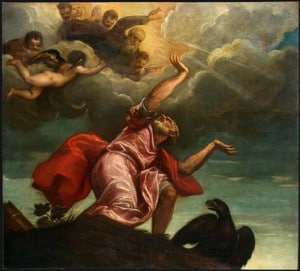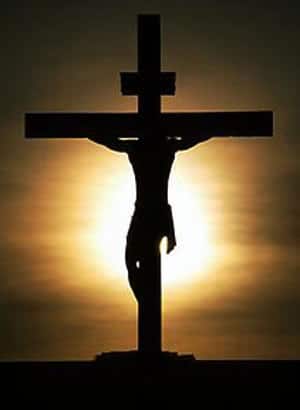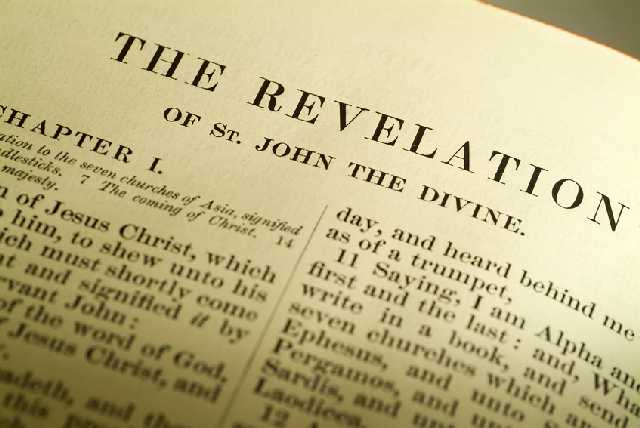Many of the most asked questions about The Bible have been researched by the most learned theologians in the centuries from BC up until today.
I started to compile a list of the most obvious questions but quickly became side tracked by the beliefs of the various differing religions.
For example, who was John the writer of the last book in the Bible?

Many believed it was John the Apostle . But if you have read the Gospel of John it would be almost impossible to think the beautiful writing of the Gospel could be by the same man who wrote about the last days. It’s like saying Shakespeare and Stephen King write in the same way.
The original John was given the task of caring for the mother of Christ. Mary is supposedly buried in Asia Minor…possibly Greece or Turkey. Whereas the writer of the last book of the Bible was a monk, imprisoned on an island by the Romans.
At the end of the first century AD, Jews had been severely punished by the Romans. Jerusalem had been destroyed and at Masada the opponents of Rome were killed…or killed themselves.
In Revelations, the monk John predicts a new Jerusalem, a war, Armageddon and a final victory. All this looks like, is a Jew attempting to preach against the Romans from prison who is short of food and possibly high on a diet of hallucinating herbs. If he was a Christian, he would be attacking the Emperor, probably Nero. But as a Christian, a follower of Christ, his preaching would be against the views of Jesus…who always preached peace and turning the other cheek, giving Caesar what was Caesars and God what was Gods.
This does not seem like John the Apostle.
Most difficult questions concerned the divinity of Jesus. Could Jesus forgive sins as in the miracle of the man lowered through the
The Jews believe in one god and have a holy book, which only contains the first six books of the Bible. Jesus was an important prophet but not the Messiah.
Six or seven hundred years after Christ, the Muslim religion was founded. Again they believe in one God, have a holy book and also believe Jesus was an important Prophet…strangely after the jews received The Commandments…especially thou shall not kill. They entered the promised land and promptly killed the Canaanites. The greatest Muslim prophet also preached against killing. But on his death the Muslims divided and began to kill one another.
The Christians followed the teachings of Christ, and it was the Christians who created the Bible, both the old and new testaments. It was they who added on the acts of the Apostles and finally the book of Revelations.
It is impossible to say why this final book was added. The Bible is clearly a guide to live a good life but Revelations is doom and gloom and full of symbolism and hidden meanings . Christians living in fear and persecuted, could put this book in to boost morale…but it is a strange addition and out of character.
Christians gained in riches and power and division followed . The east and west split with orthadox and catholics going their own ways. It was not power alone that split the church but questions on the divinity of Christ.
Later the churches split again. It again was due protestors against the change of teachings of the church. The Protestants split even more to become Anglicans, Baptists, Methodists and many more.
All new religious sects since then…are not really creditable. Having no holy book of their own or holy men or prophets. They tend to use the Bible for their education, but without recourse to the documentation and translations held by the early Christians, they have only their own views on what the Bible means .
I have decided to abandon the list of most asked questions and decided to look at religions older than those BC, Budhists, Hindus, Japan and China myths, perhaps South and Central American rites and sacrifices.
To question why, does not mean a lack of belief, but it does mean we want answers as to why the leaders of our religious churches changed their original views.
by Professor P.T. Brown



